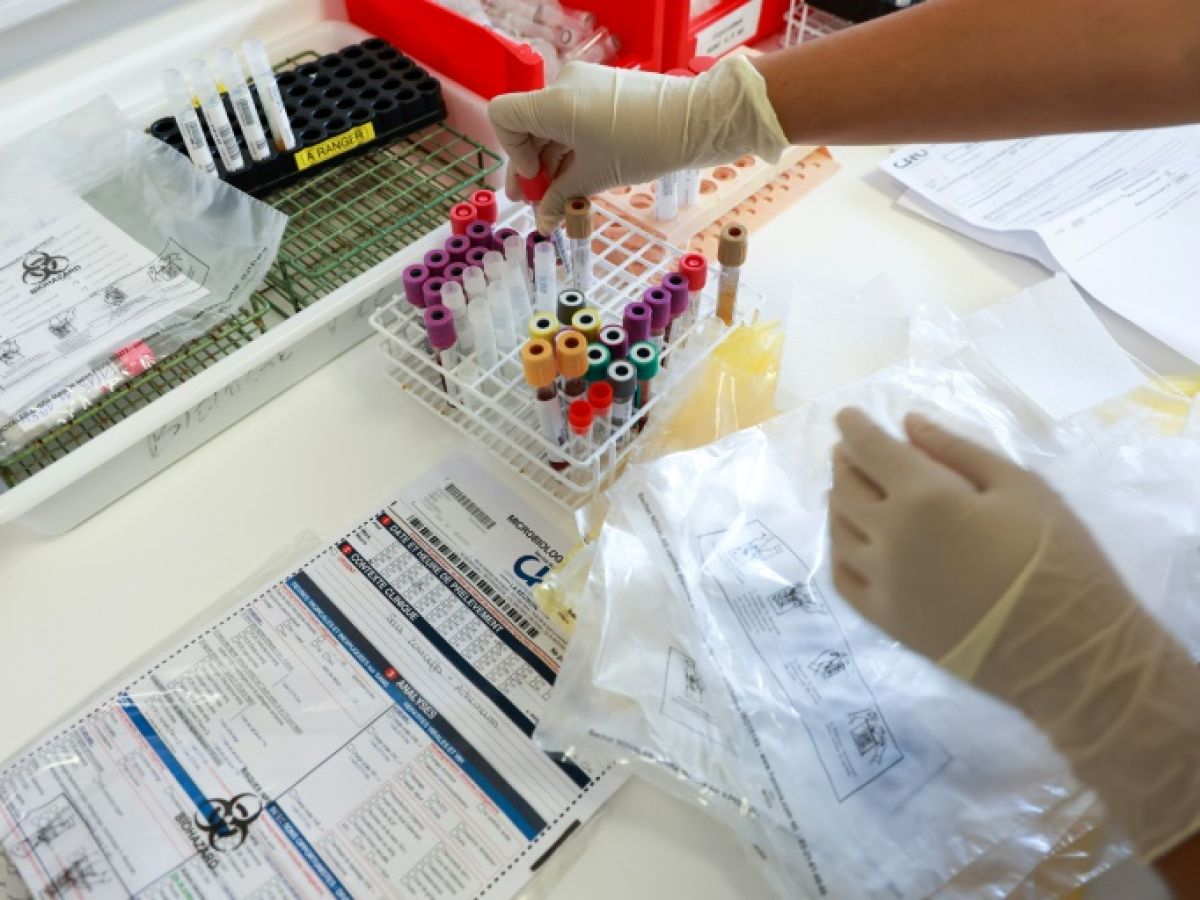"I've had it twice, that's for sure": the chikungunya epidemic in Réunion Island is fueling questions among the population about reinfections 20 years after the previous major outbreak, a phenomenon that is not impossible but rare, according to experts.
This viral disease, transmitted by the bite of an infected mosquito, is believed by some of the island's 900,000 inhabitants to have already contracted it during the 2005-2006 epidemic, when more than 301,000 people were affected.
Following the announcement on March 21 of the first two deaths this year, concern spread: pharmacies were emptied of mosquito repellents, and messages from Reunion Islanders claiming to have been affected twice by "chik" flourished on social networks.
Until then, the idea that it was not possible to be infected twice prevailed.
"Once a person has contracted the chikungunya virus, and after recovery, they develop lasting immunity against future infections. They therefore cannot contract the virus a second time," read, for example, a question and answer document published in February on the Regional Health Agency's website.
In 2006, two weeks after arriving on the island, she experienced "a high fever for three or four days" and "horrible pain in her joints."
This year, "I thought I was safe, and then I fell ill in mid-March," with symptoms "identical to those of 2006, plus a big rash," she says.
A serological test carried out "was positive for chikungunya", "like the one I had done in 2006", affirms Hélène, while acknowledging that she had not kept her previous results.
However, to scientifically demonstrate reinfection with chikungunya, positive serologies are required for both 2005-2006 and 2025, according to several experts.
– Immunity in question –
Laurent Payet, for his part, "really wonders" if he hasn't contracted the infection twice. "My wrists hurt a lot for two days at the beginning of April: it really reminded me of the pain I had in 2006 with chikungunya," explains this resident of Saint-Benoît, in the east of the island.
Although he says he tested positive in 2006, this sixty-year-old did not take another test, not seeing "the point of waiting for hours in a lab only to have the doctor tell him to take paracetamol."
What do the experts think?

In Réunion, "for the moment, there have been no confirmed reinfections," declared Patrick Mavingui, director of the PIMIT unit (University of Réunion, CNRS, INSERM, IRD), on Tuesday during a press conference organized by the Pasteur Institute.
While rare, there have been "documented cases of reinfection" with chikungunya worldwide, the researcher noted, citing a rate as high as 4% in a study in Kenya conducted from 2014 to 2024.
"It is still necessary to explain why, for example whether (these patients) had weak immunity or not," he added.
For Olivier Schwartz, head of the Virus and Immunity Unit at the Pasteur Institute, "it is not surprising that there can be reinfections since immunity declines after a certain time, even if we have memory B lymphocytes that will produce antibodies and reactivate quickly."
In his view, cohorts of inhabitants of Réunion, monitored to study chronic forms of chikungunya in particular, "will be very interesting tools, for example, to measure antibody levels in these people and see the percentage who can be reinfected."
The current major epidemic has so far caused six deaths on the island, where more than 100,000 people may have been infected. However, its impact so far appears less than that of 2005-2006, which saw more than 260,000 cases and over 250 deaths.
"An interesting question will be whether the epidemic of 20 years ago created a form of collective immunity and somewhat reduced the severity of the current infection," according to Olivier Schwartz.

